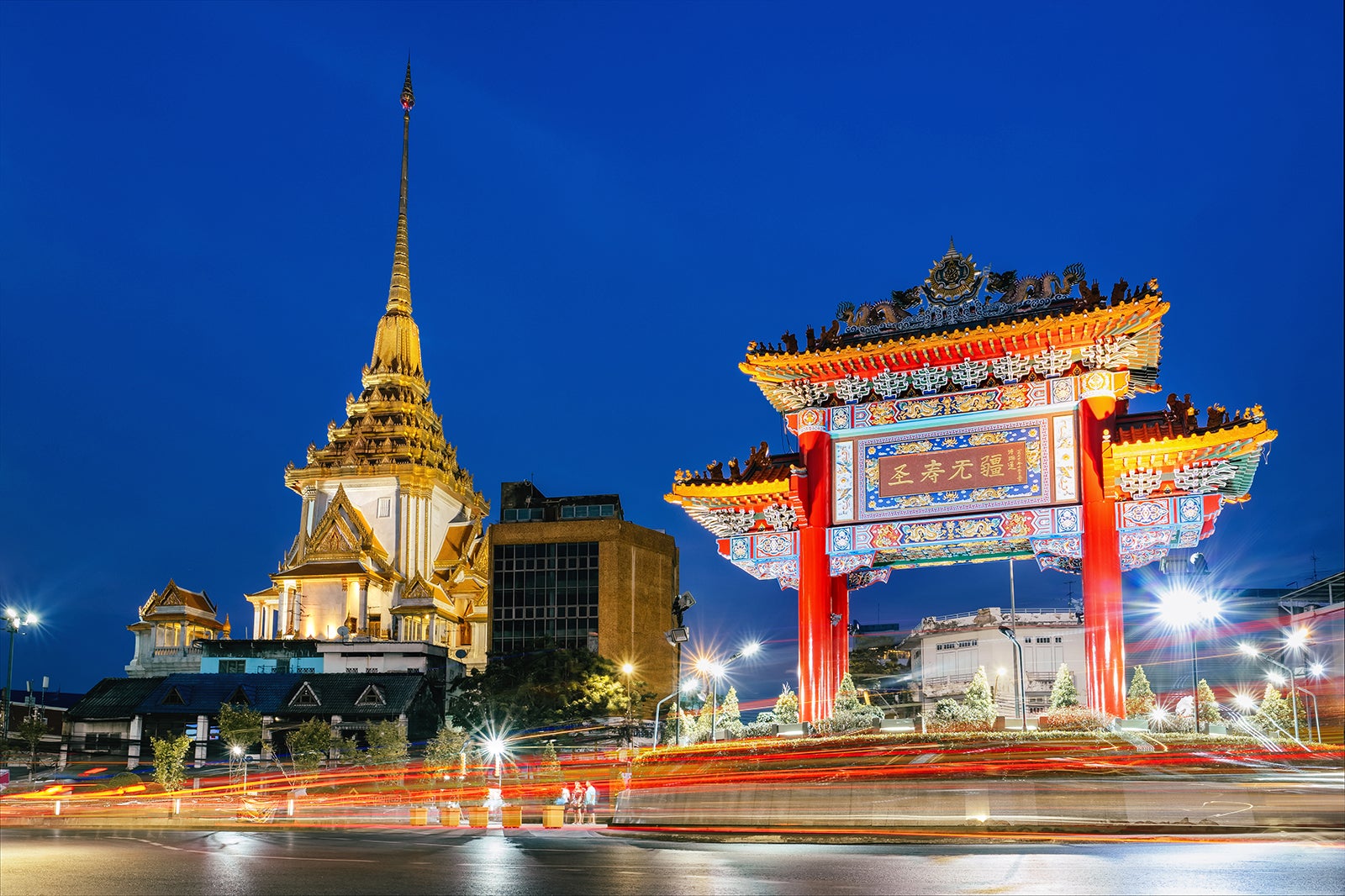Two scandals collided in Thailand in November 2022, forming a perfect storm that threatens the government party Phalang Pracharat’s already shaky prospects in the upcoming national election in 2023. The scandals have also shed light on a growing issue that has largely gone unnoticed in Thai media in recent years.
The government was forced to withdraw a proposal to increase foreign investment by lifting Thailand’s long-standing ban on foreigners owning land. A united front opposing the measure, including fellow Phalang Pracharat member Pareena Kraikupt, used one of Thailand’s most potent rhetorical weapons — Khai chat, or selling out the nation.
Thai police also announced raids in Bangkok and the arrest of a Chinese national in possession of cash, luxury cars, and property titles while using fake Thai identity cards.
This precisely corresponded to an objection raised by opponents of the land sale reform measure, namely that relaxed laws could increase the flow of Chinese ‘grey money’ (thun chin sithao) into Thailand. ‘Grey money’ refers to proceeds from criminal enterprises, such as drugs and gambling, that are laundered through real estate purchases.
In a subsequent briefing, Thai police stated that money from the Golden Triangle drug trade, which has grown in recent years, was financing Chinese crime bosses’ acquisition of Thai passports, identities, and land. Other former and serving politicians have come forward to share their knowledge of Chinese Triad gang activities in Thailand.
Loose and Lax policing in Thailand
Worryingly, many people have claimed that these gangs are not afraid of the police or the law because Thai laws are poorly enforced and lack transparency. This is due to the gangs’ support from Thai politicians and officials.
Signs of Chinese capital and influence corroding Thailand’s political processes have been present for some time and were first identified in the 1990s.
According to a 1992 Thai Ministry of Foreign Affairs document, the Chinese could ‘exploit close (personal) relationships with Thai elites and high-ranking officials in the Thai capital’ and gain insights from Sino-Thais in private enterprise.
In 2020, the Thai Department of Special Investigation discovered a large criminal network involving foreign Chinese nationals who obtained Thai identity cards registered to non-existent individuals and used them to set up Thai-registered businesses. The network of 104 companies, ostensibly involved in legitimate businesses such as real estate, was suspiciously moving hundreds of millions of dollars, implying money laundering or tax evasion.
Mr Wang Hongbin, one of the people named in the investigation, held multiple passports and was well-connected with both the overseas Chinese business community and Thai politicians, including a former Prime Minister.
In 2013, Wang, with then-speaker of the House of Representatives Somsak Kiatsuranont, created a fake position in parliament called the ‘Director of Chinese Affairs Department to the President of National Assembly of Thailand’. A corresponding letterhead was also created, with the Thai parliament’s crest combining Chinese and Thai script.
Chinese descent in Thailand
Hundreds of Chinese provincial officials were invited to visit Thailand by the fictitious department. Despite being under criminal investigation, Wang has been able to remain active in Thailand, implying patronage from within the Thai establishment.
Thai reluctance to address this issue stems from a variety of factors.
As many as one-third of Bangkok’s population is of Chinese descent, owing to waves of Chinese migration in the late nineteenth and early twentieth centuries. Chinese diasporas have faced significant discrimination, and Chinese-Thai people may be concerned that this issue will exacerbate animosity.
The Charoen Pokphand Group, a powerful Chinese-Thai business that controls much of the Thai economy, is close to China. Dhanin Chearavanont, CEO of Charoen Pokphand Group, is also president of the China Federation of Overseas Chinese Businessmen, a United Front Work Group affiliate.
Some political parties receive funding from these sources, such as Phalang Pracharat, which accepted 3 million baht (US$84,250) from a Chinese businessman operating an illegal nightclub in Pattaya. The rise of Thai-Chinese associations, which bring together Thai military officers, politicians, and business people, such as the Thai-Chinese Culture and Economy Association founded by Chavalit himself, may also have played a role in numbing the Thai public to these dangers.
Given that this is the first time this issue has received widespread media attention, it is possible that ‘grey capital’ will become a major issue in next year’s election. Some, such as Rangsiman Rome of the Move Forward Party, have not shied away from bringing corruption to light.
By Greg Raymond a Lecturer at The Australian National University’s Strategic and Defence Studies Centre.
This article was first published in The East Asia Forum






